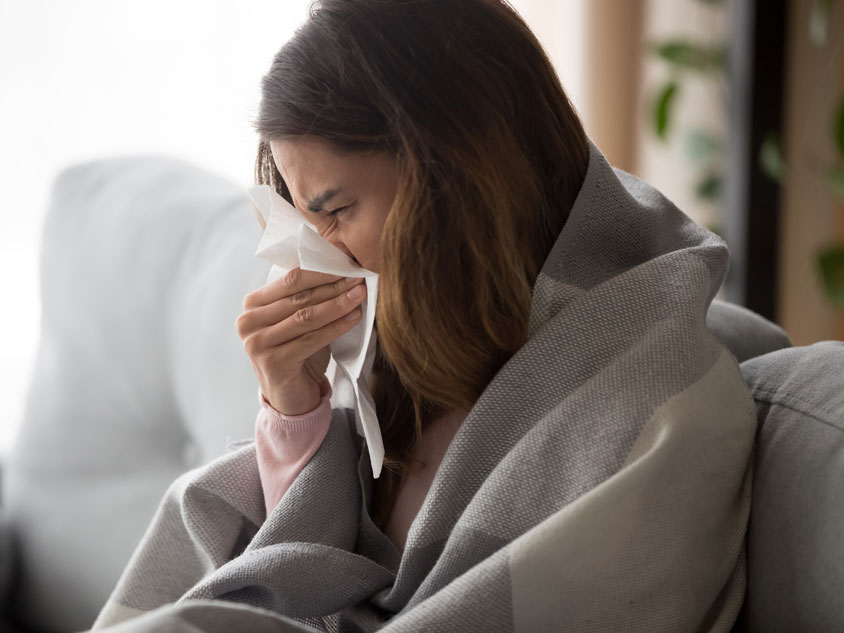Yes, the flu and pneumonia are serious. Emergency workers risk coming in contact with this top 10 cause of death.

Big risks from common infections
There are seemingly ‘common’ infections that are detrimental to the elderly.
Although not a chronic issue, these infections are among the top 10 causes of death in people over age 65.
Pneumococcal pneumonia, a specific strain, is life-threatening – and the trouble is, most people aren’t aware of it.
According to Heathline, being over 65 is one risk factor. Having heart disease and being a smoker also increases the likelihood of pneumonia.
While there isn’t a direct link between first responder work and these infections, smoking and heart complications are common in emergency services.
With viral pneumonia being contagious, however, first responders are at a greater risk due to their interaction with the community.
Workers aren’t aware who has the flu (or those who are vaccinated).
They’re on the front line, dealing with the public and unlawful citizens (many of which struggle with substance abuse and are unwell).
First responders with Chronic Obstructive Pulmonary Disease (COPD) are more likely to suffer from pneumonia.
This condition is caused by cigarette smoke, pollution, toxic chemicals and dust.
Given the nature of emergency work, first responders are at a greater risk of developing COPD – and, potentially, pneumonia.
Sleep, exercise & nutrition. The trifecta.
Emergency workers can’t predict the people they’ll come into contact with.
It’s social work and interacting with community members is inevitable. The best guard against these infections is prioritising wellbeing.
This means implementing sleep hygiene strategies, exercising regularly, and following a nutritious diet, preferably Mediterranean style.
Dealing with traumatising events on-the-job, will help to minimise sleeping issues,
PTSD, and avoidance issues. Communicate the importance of health and wellbeing in the department to create an environment conducive to active, open conversations.
If you have diabetes or heart disease, prevent influenza and pneumonia by managing your condition.
It’s important to keep the body strong and able to fight off infections.
Protect yourself, and the public, with coverage designed (and only available) for you.